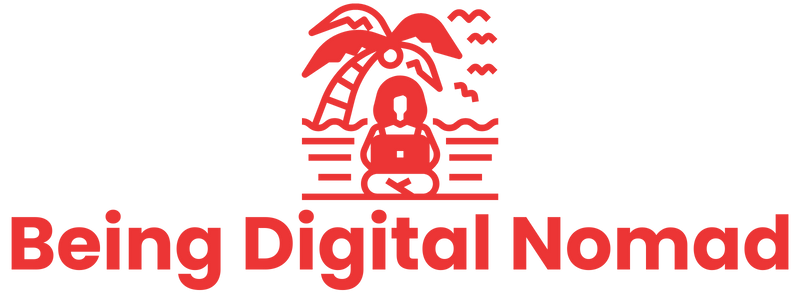Key Takeaways
- Cabin aims to create a network city for NFT holders, establishing self-governing communities bound by crypto governance.
- Focused on tiny homes in natural settings, these communities aim to foster creativity and connectivity, appealing to digital nomads seeking communal living experiences.
- Participation in Cabin involves holding crypto assets or NFTs, and granting membership to a decentralized community where token-based voting influences decisions.
Remote, Global–Cabin, a novel co-living crypto project, aims to create the first ‘network city’ for holders of non-fungible tokens (NFTs), offering a new concept of urban living. The initiative is set to establish self-governing communities bound by crypto governance, redefining the nature of modern cities.
Concept and Ideals of Cabin’s Communities
According to a Traveling Lifestyle report, primarily catering to digital nomads, Cabin plans to establish tiny homes in natural settings. These communities, inspired by Balaji Srinivasan’s concept of a network state and envisioned by Jon Hillis, foster creativity and connectivity, untethered from the restrictions of contemporary urban environments.
The report noted that this project aims to replace the isolation and detachment fostered by typical urban dwelling structures with a communal, connected living experience in nature. Cabin communities are to be populated by like-minded digital nomads, fostering a neighborly culture of collaboration.
The report stated that Cabin is set to cater to individuals who have started distancing themselves from traditional societal norms through the rise of crypto. It aims to offer these individuals a community where they can coexist and collaborate.
Membership and Community Governance
Participation in Cabin is marked by holding crypto assets or NFTs, which signify membership in a social Decentralized Autonomous Organization (DAO), an entity with no centralized authority.
Members can influence community decisions through token-based voting once they achieve ‘neighborhood status,’ which requires the accumulation of 1,000 Cabin tokens.
The report noted that Hillis reveals that over 300 ‘citizenships’ have already been granted to dedicated members of the Cabin community. These citizens can now recommend others committed to this innovative approach of co-living under crypto governance, fostering organic community growth.
What We Think
Cabin’s vision for a crypto-governed network city challenges traditional urban living norms, offering a communal and collaborative lifestyle for digital nomads.
By blending crypto governance with communal living in natural settings, Cabin taps into a niche craving for connectivity and creative exchange. However, while innovative, its reliance on crypto assets as a gateway to community membership might limit accessibility.
As this concept evolves, ensuring inclusivity beyond crypto holdings will be vital for its widespread success and sustainable growth.
Learn more in the full Traveling Lifestyle report.

